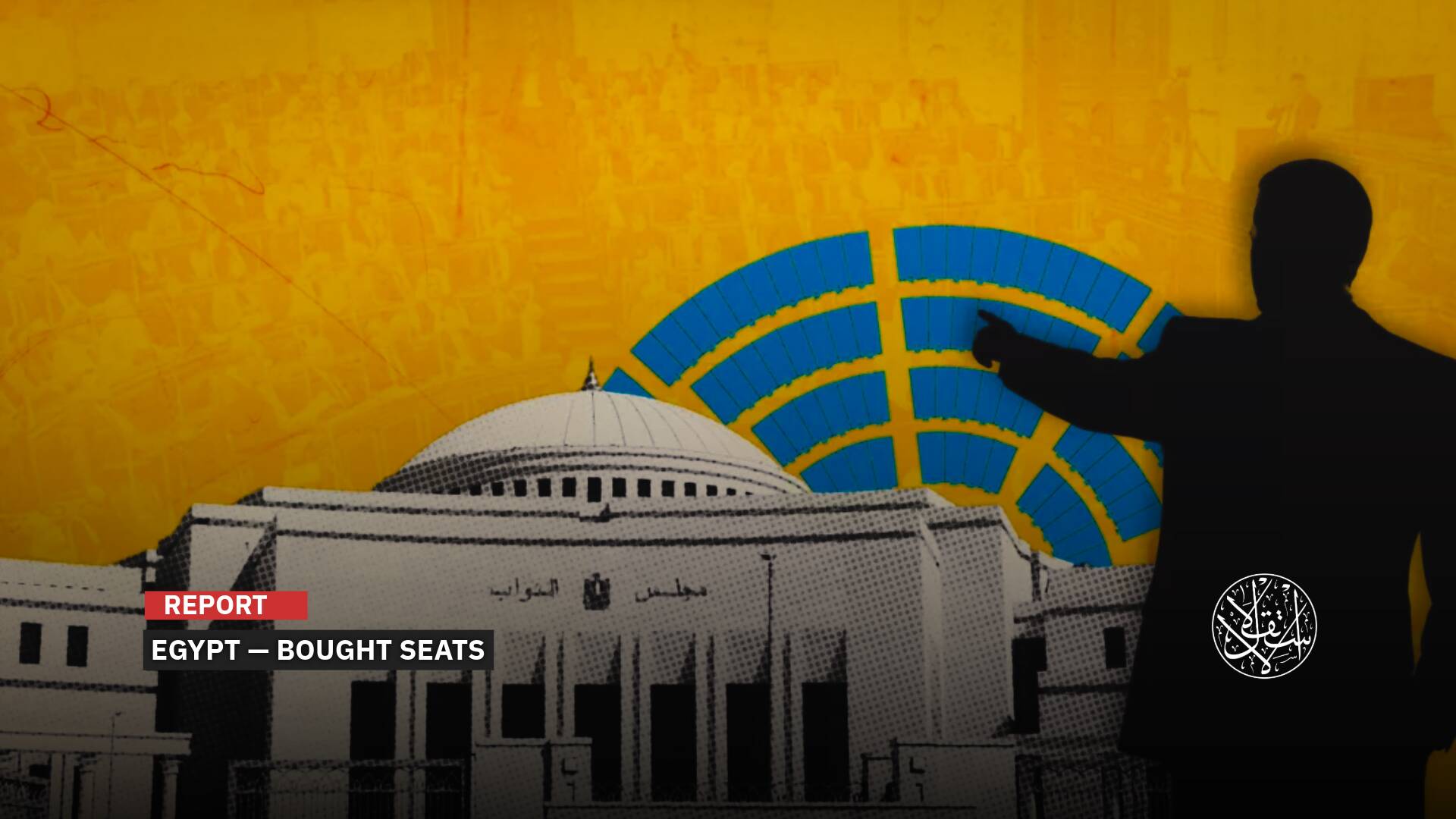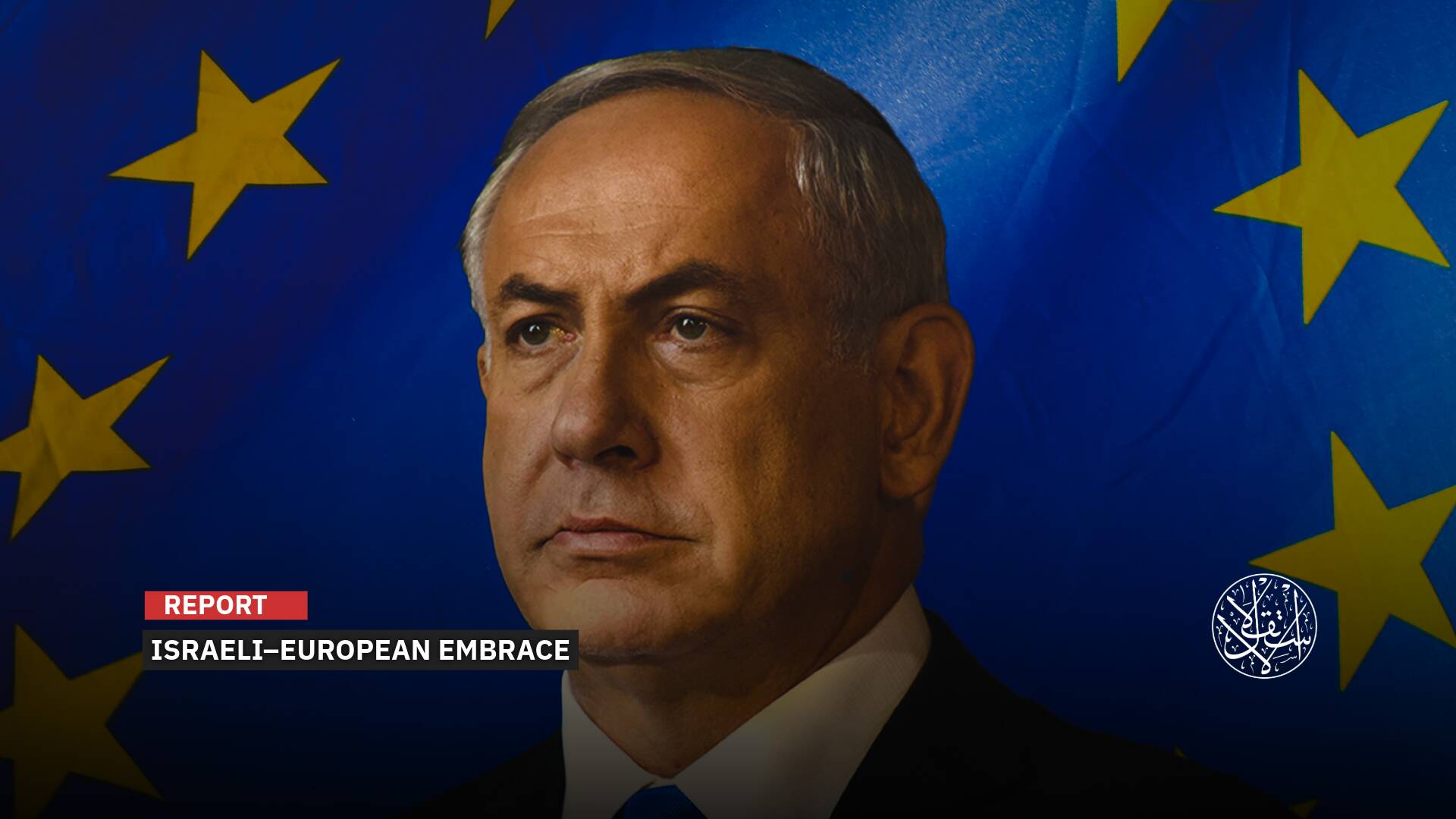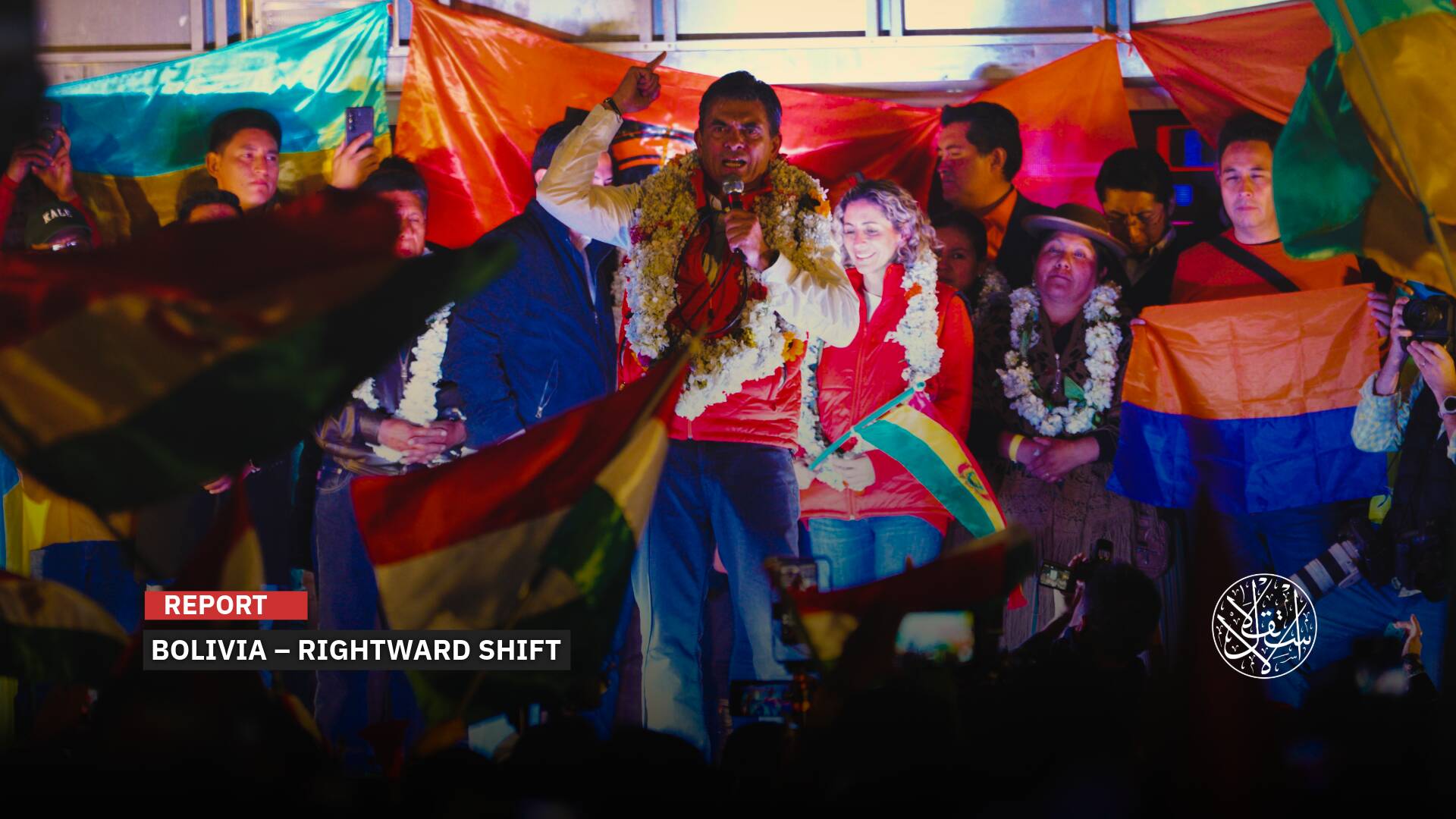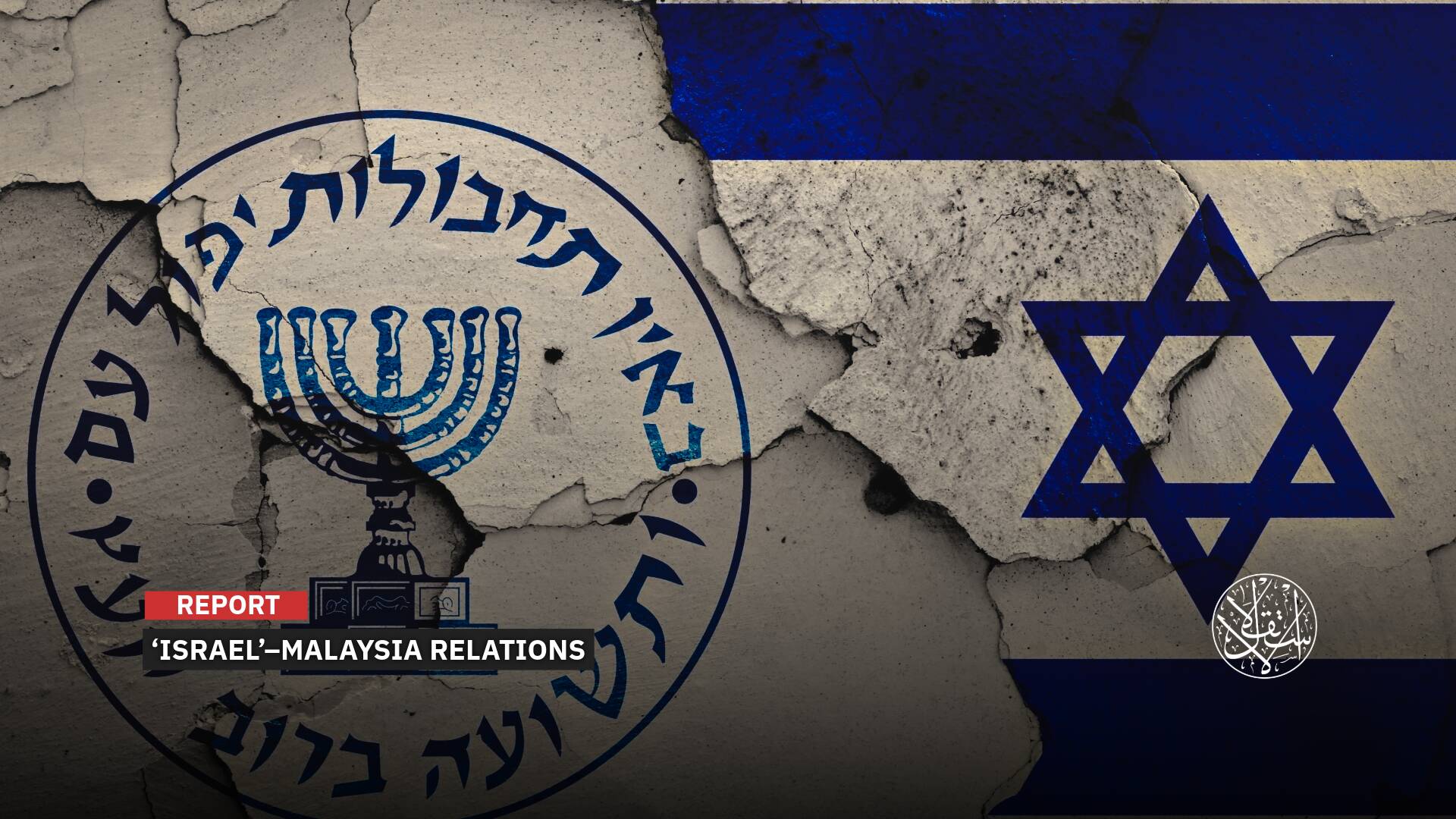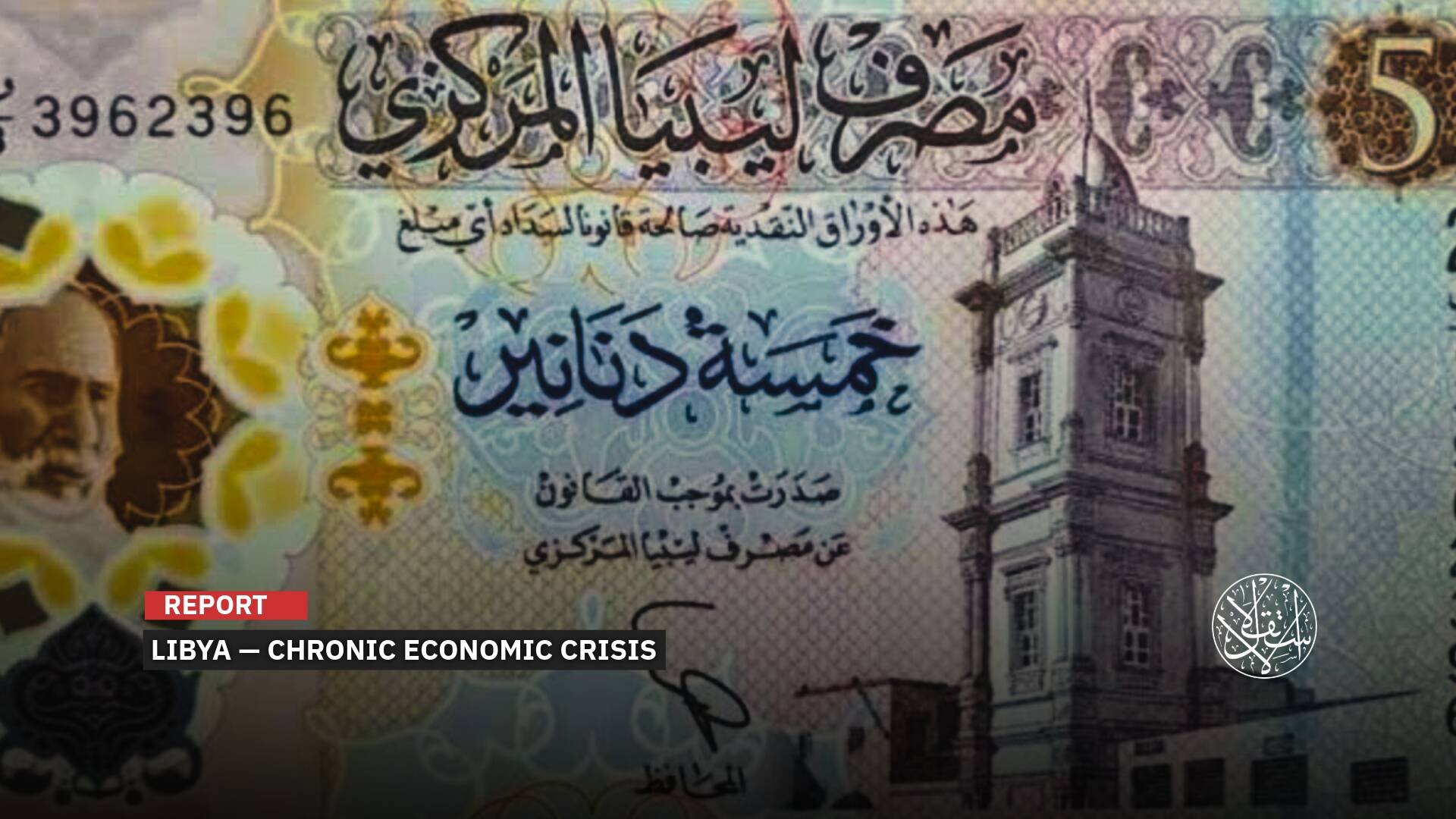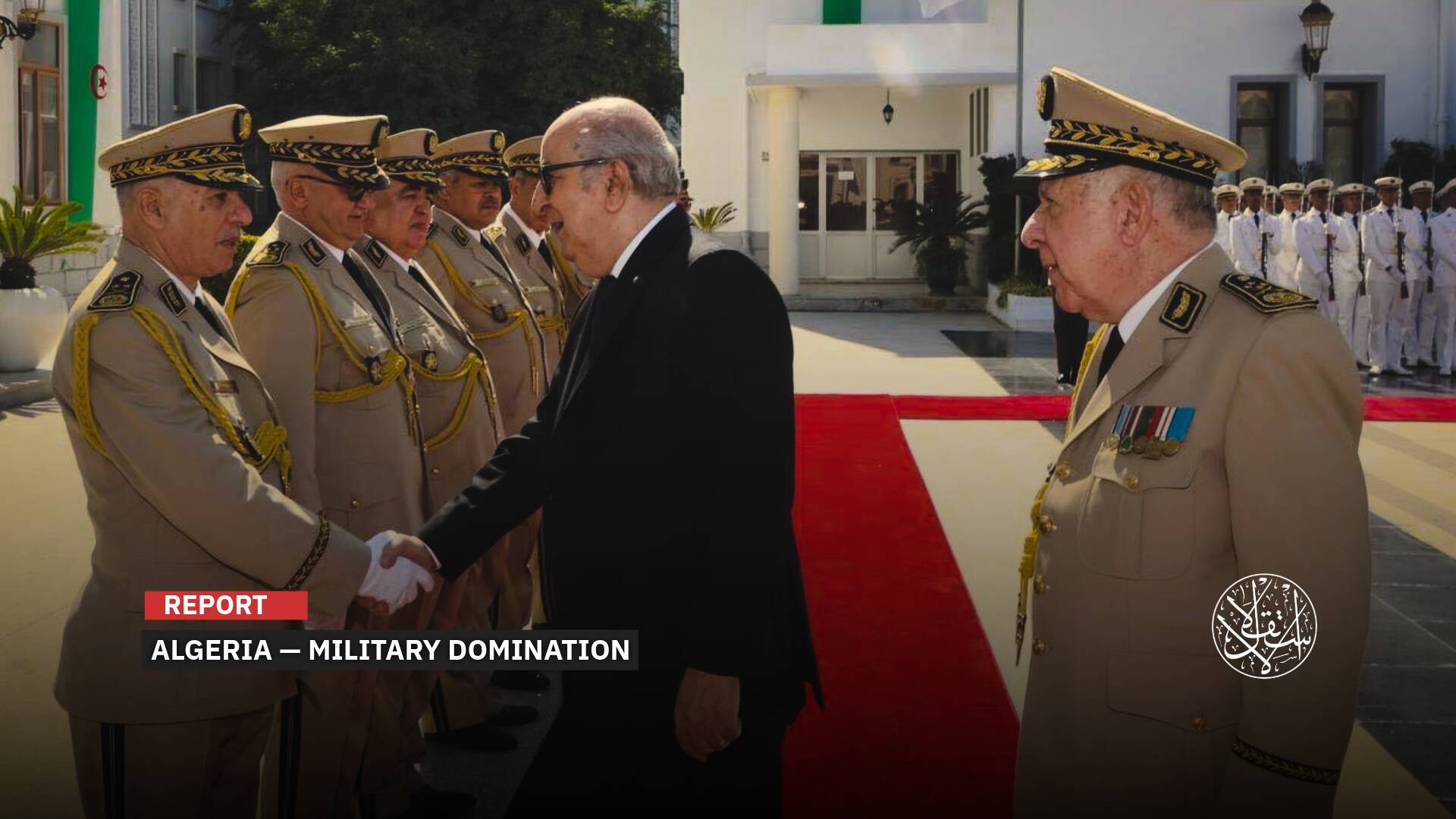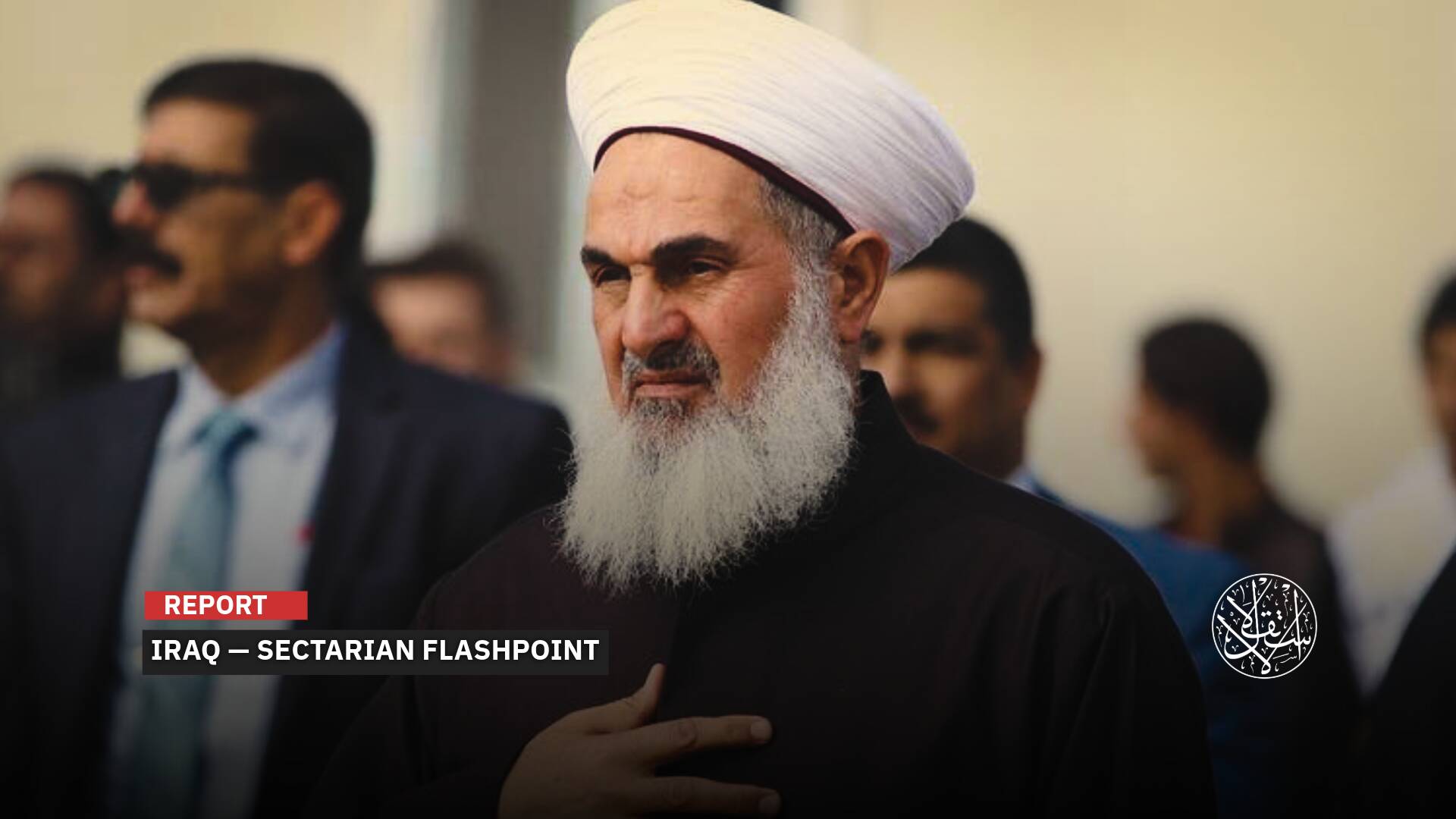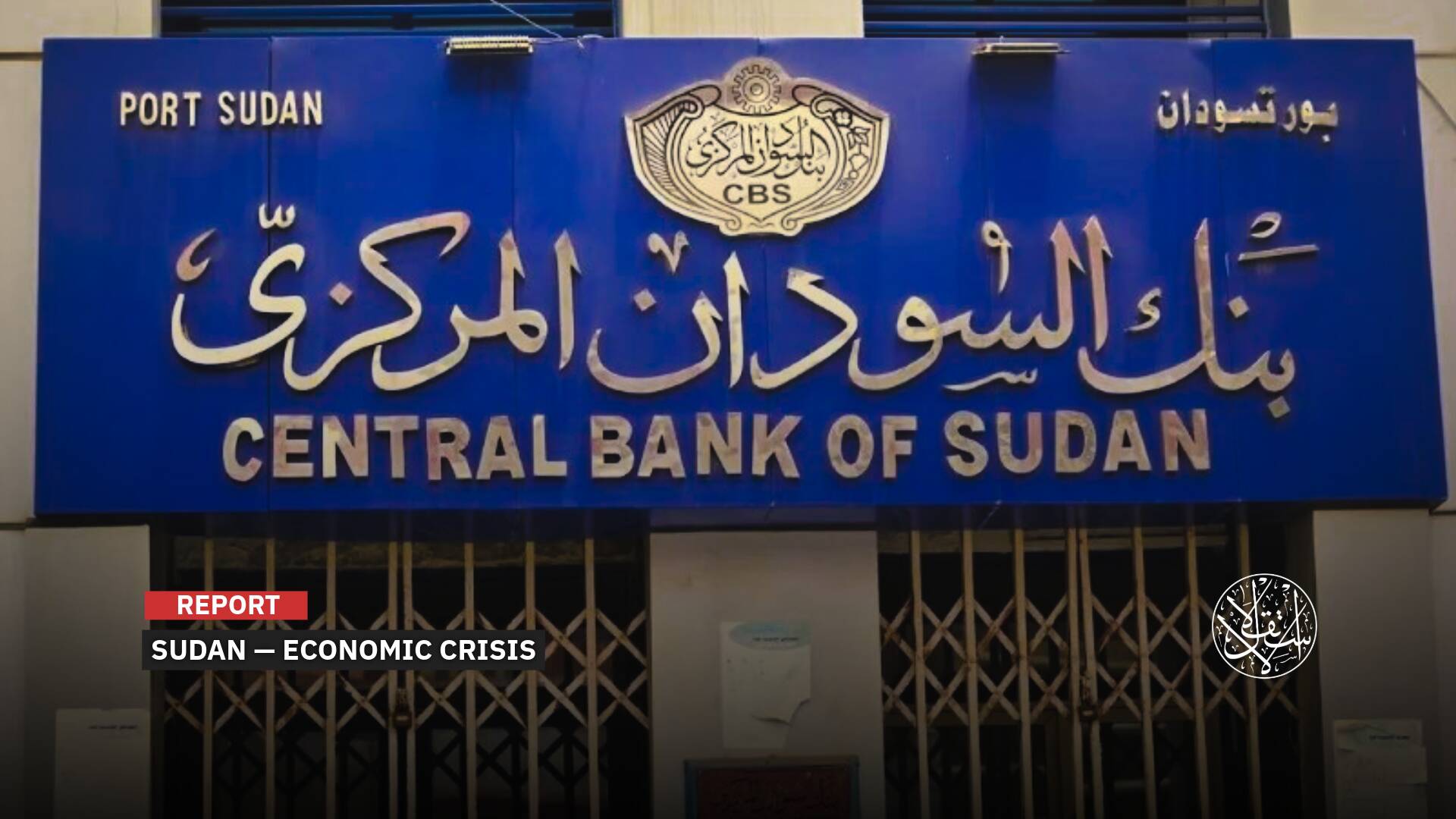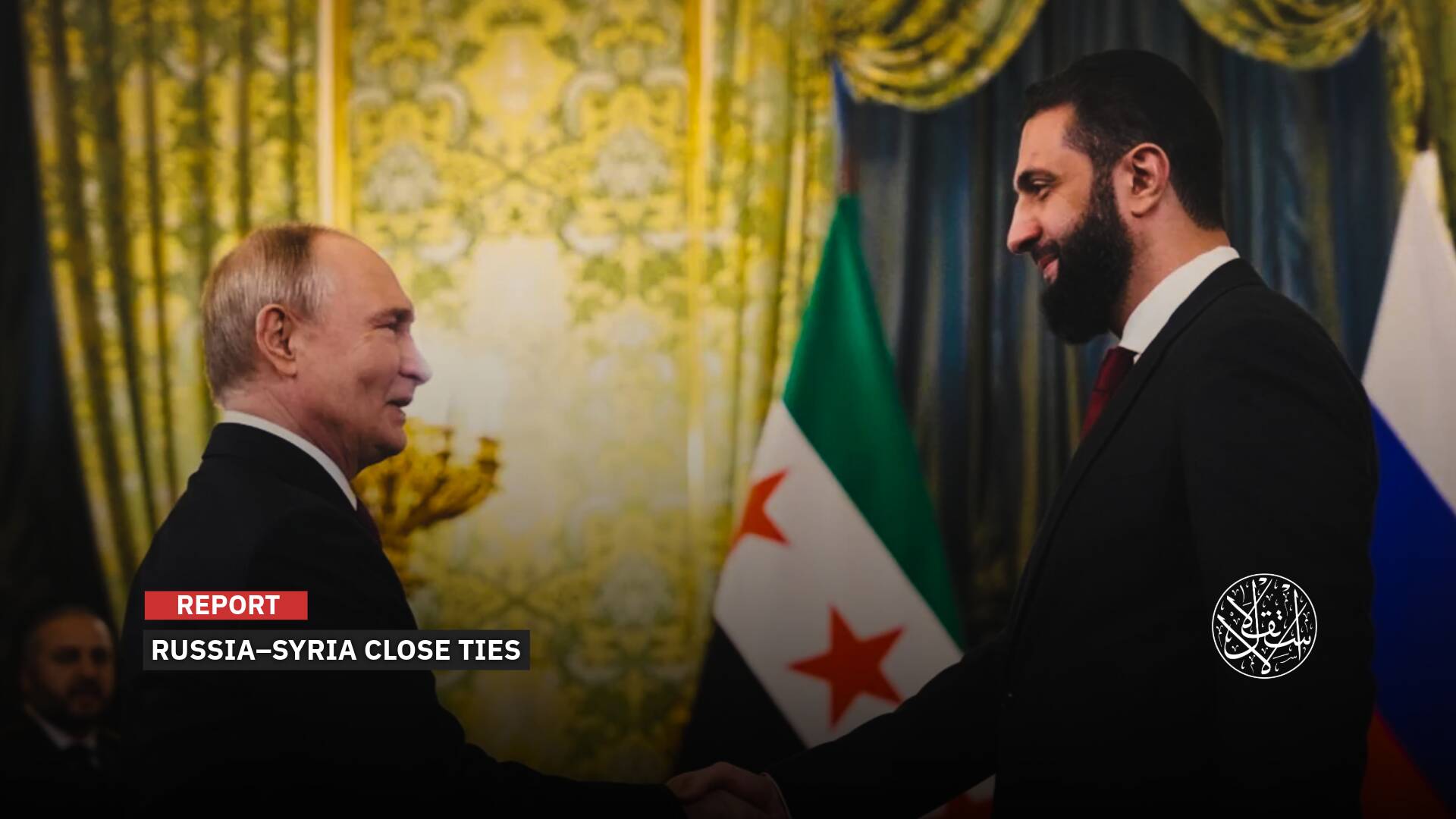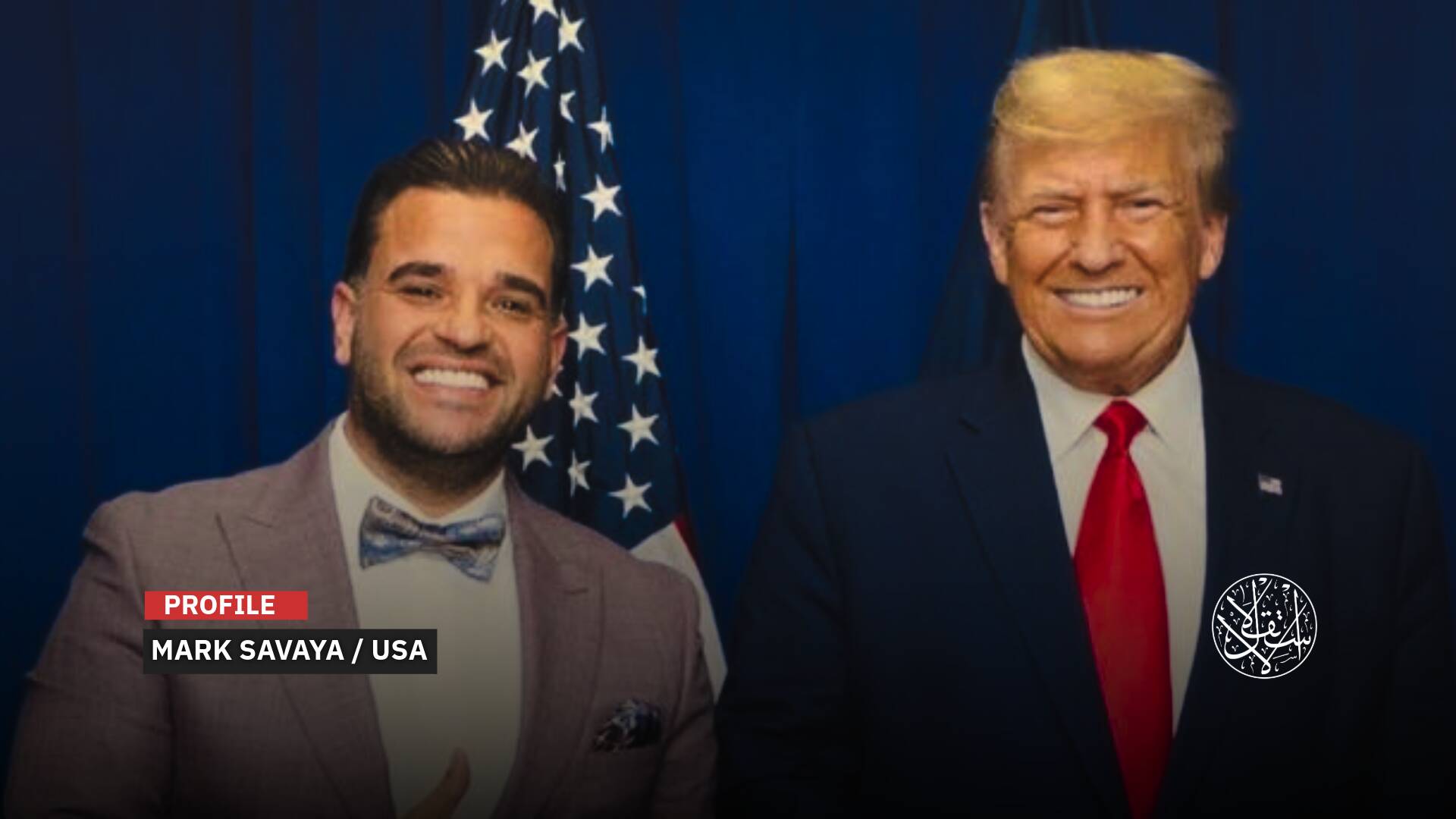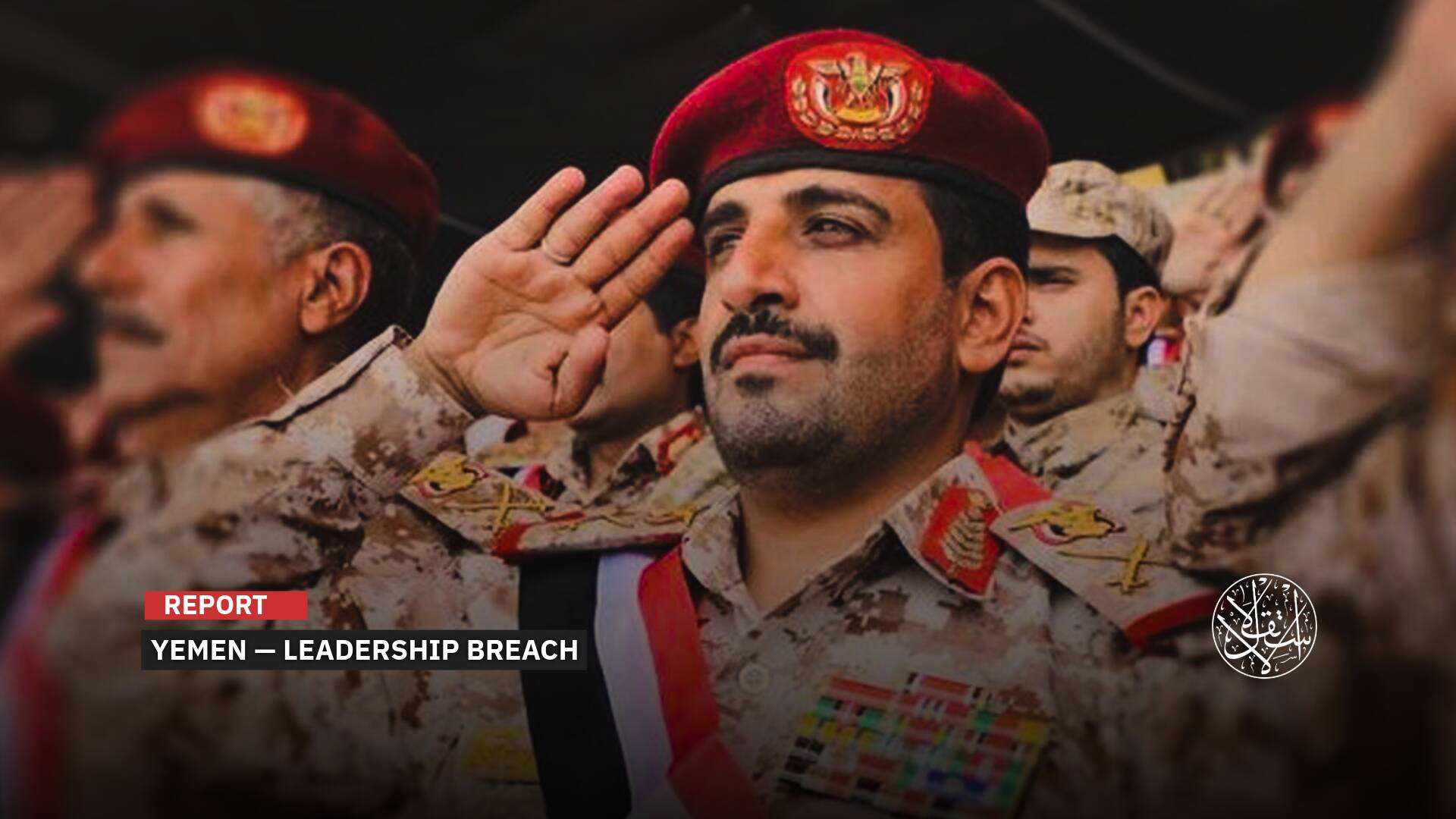Ukrainian Steadfastness: How the Bakhmut Battle Deepened the Division Between Wagner Mercenaries and Russia's Army

Despite being surrounded on three sides and fighting raging in its vicinity for seven months, the Ukrainian city of Bakhmut is still difficult for the Russian forces amid reports of very heavy losses on both sides. Neither of them was spared the bill for the fiercest battle in the Russian-Ukrainian war.
The sources stated that the Ukrainian army is still confirming that the defenses in Bakhmut are solid, and there are no signs so far of an imminent Ukrainian withdrawal from it, amid assurances that the western front is under control.
Russia is trying to encircle Bakhmut to secure its first major victory in more than half a year, at the height of a winter offensive that has turned into the war’s bloodiest battle.
In a related context, the Bakhmut Battle revealed differences between the Russian military establishment and the Wagner Group, whose president, Yevgeny Prigozhin, recently published video clips accusing officials of failing to provide the ammunition his fighter needed to seize Bakhmut.
Wagner’s fighters fought many fierce battles around the Ukrainian city of Bakhmut, but Prigozhin has complained over the past weeks that the military leadership underestimates the efforts of his forces, which exacerbates the dispute between the two sides.
The Bakhmut Battle
Yevgeny Prigozhin, founder of the Wagner Group, announced on March 8, 2023, that his fighters had taken full control of the eastern part of the Ukrainian city of Bakhmut, which has been under fierce attack for more than seven months.
“Everything east of the Bakhmutka River is completely under Wagner’s control,” he said in an audio recording via the Telegram app.
The Wagner chief also invited Ukrainian President Volodymyr Zelensky to withdraw his forces, claiming that they had only one way to withdraw.
⚡️Wagner leader Prigozhin posted a message from Bakhmut, next to the tank monument:
— War Monitor (@WarMonitors) March 8, 2023
His only wish to Zelensky is to “get out old men and children, and bring proper combat-ready units here”
He also says that well trained russian units are waiting to pic.twitter.com/wxPkOLGuXc… https://t.co/eCtcpqAbWY
In turn, the Ukrainian president warned in a television interview broadcast early on March 8, 2023, that if Russian forces captured Bakhmut, the way would be open for Moscow’s forces to seize many cities in the east of the country.
“We understand that after Bakhmut, they can go to Kramatorsk and Sloviansk,” Zelensky told CNN.
The Ukrainian president stressed that the defense of this city is a strategic issue for his people and his army, adding that his forces are determined to defend the city and prevent its fall into the hands of the Russian army.
“Yesterday, I had a meeting with the chief of staff and senior military commanders, and they all said that we must remain strong in Bakhmut,” he said.
“Of course, we have to think about the lives of our soldiers. But we must do everything we can while we receive weapons and supplies and our army prepares for a counterattack,” he added.
Ukrainian President Volodymyr Zelensky says in an interview with CNN that Russian troops will have “open road” to capture key cities in eastern Ukraine if they seize control of Bakhmut https://t.co/e9zC5AggWY pic.twitter.com/Yw5nFJ523g
— CNN (@CNN) March 7, 2023
However, a number of experts and observers have questioned the strategic importance of the city of Bakhmut, especially since in recent days speculation has spread indicating the imminent withdrawal of Ukrainian forces from it.
Russian Defense Minister Sergei Shoigu said on March 7, 2023, that Bakhmut constitutes an important node in the Ukrainian defense lines in the Donbas region, and controlling it will allow additional attacks deep in the Ukrainian army’s defense lines.
Bakhmut, which had become almost completely destroyed, gained symbolic and tactical importance after the Russian forces were unable to control it, despite more than seven months of fierce battles in which both sides suffered heavy losses.
The Bakhmut battle has become the longest-lasting and the deadliest since the start of the war on February 24, 2022.
Western officials have said that between 20,000 and 30,000 Russian soldiers have been killed and wounded in the battle for the Ukrainian city of Bakhmut since it began last summer, as reported by BBC on March 8, 2023.

Russian Divisions
On the other hand, Wagner chief Yevgeny Prigozhin tried to use the Bakhmut Battle to strengthen his position in Russia and attack the Russian military leadership, as reported by The Washington Post on March 6, 2023.
Prigozhin, unlike President Vladimir Putin, has made numerous visits to the war zone, including a recent video claiming to be in Bakhmut.
However, he recently denied having political ambitions in response to a question after graffiti appeared on walls in the southwestern Russian city of Voronezh urging him to run for president.
“I have no political ambitions. Our task is to fight and protect the interests of the Russian Federation,” he said.
In a new development of the existing tension between senior Russian military officials and Wagner chief, and in the latest series of aggressive statements, Prigozhin criticized the delay in the arrival of ammunition to his fighters on the eastern fronts, attributing this to possible treachery or ordinary bureaucracy, as reported by Reuters on March 7, 2023.
Prigozhin noted that Russia’s position on the Bakhmut front is threatened unless his forces get ammunition, a warning that again indicates tension between him and the Kremlin.
In a move that would fuel the intensity of the dispute between him and the Russian army, Wagner’s founder said through his press service on the Telegram app: “On March 5, I wrote a letter to the commander of the military special operation regarding the urgent need for ammunition allocation. On the morning of March 6, my representative’s entry to the main headquarters of the Russian military in Ukraine was revoked and denied access to it.”
Prigozhin also indicated that “on March 2, 2023, the Russian military police impeded the arrival of people who had recently joined his forces to the Wagner Military Center and distributed them to various military units.”
Prigozhin had accused the Russian Ministry of Defense several days ago of lying and misleading the Russian public about supplying him with ammunition, saying that his forces in Bakhmut do not get 80% of the ammunition they need in combat.
The Russian Ministry of Defense denies preventing ammunition from Wagner’s forces, but it has not responded to Prigozhin’s recent accusations, and the Kremlin has remained silent about the existence of internal disputes or political divisions.
In a roughly four-minute video posted on March 5, 2023, apparently recorded last month, Prigozhin said his forces were worried about being made a potential scapegoat if Russia lost its war in Ukraine.
“If we withdraw, we will go down in history forever as people who took a major step towards losing the war, and this is precisely the struggle in the lack of weapons, and this is not my opinion, but the opinion of the fighting soldiers,” he said.
Prigozhin asked: “What if the Russian authorities wanted to deceive us, and for this reason, they did not provide us with ammunition and weapons and did not allow us to fill the shortage in our needs of personnel, including prisoners.”
Prigozhin threatens Putin with a retreat
— NEXTA (@nexta_tv) March 5, 2023
Sitting in some basement, he said that the retreat of mercenaries from #Bakhmut due to "ammunition shortage" would lead to the collapse of the front up to the Russian border "or even further", as well as that #Crimea would be de-occupied. pic.twitter.com/tScnxmTpTA
Infighting in the Kremlin
In recordings posted on February 21 on the Telegram app, Yevgeny Prigozhin, a businessman close to the Kremlin, accused Russian Defense Minister Sergei Shoigu and Chief of the General Staff of the Russian Army, General Valery Gerasimov, of high treason over their failure to supply ammunition to his fighters.
This statement is the clearest and perhaps the most dangerous internal conflict in Russia since Putin ordered the entry of tanks into Ukraine a year ago, according to a report by The Times, which revealed the factional struggle that had remained hidden between the walls of the Kremlin for the past years.
However, the Russian Ministry of Defense quickly denied Prigozhin’s allegations, saying: “Attempts to create division within the Russian military units have counterproductive results and are only in the interest of the enemy.” Prigozhin described this statement as an attempt by the leaders of the Ministry of Defense to cover up their crimes without any comment from the Kremlin.
After many months of Russian forces faltering in controlling the small town of Soledar in southeastern Ukraine, Prigozhin announced in late January 2023 that his forces unilaterally took control of this region, which allowed Russia to advance towards Bakhmut, which eluded the regular Russian forces.
At the time, experts said that the Wagner leader was marketing himself as a leader who visited his fighters at the front, just as Ukrainian President Volodymyr Zelensky did previously, adding that this did not please the senior army leaders.
Surprisingly, when Prigozhin declared victory in Soledar, a statement was issued by the Russian Ministry of Defense opposing what the man was saying.
In a statement consistent with the statement of the Ukrainian Ministry of Defense, the Kremlin stressed the importance of not rushing to declare victory in Soledar in a veiled message to Prigozhin that sparked talk of competition between the Russian army and Wagner militia.
After only three months as overall commander of Russia’s war, specifically in mid-January 2023, General Sergei Surovikin was replaced by his boss, Chief of the General Staff Valery Gerasimov, the country’s most senior soldier. Colonel General Alexander Lapin was promoted to chief of the general staff of the ground forces.
Gerasimov is one of the most prominent close associates of Shoigu, who does not have a good relationship with the Wagner chief, and Lapin was one of Prigozhin’s victims in the past, and the Wagner chief had previously severely criticized him.
At that time, Western security analysts considered, in a statement to Politico, that the appointment of Gerasimov and Lapin was a message to Prigozhin, stressing the Ministry of Defense’s control over managing the war and aiming to limit the growing influence of his special forces.
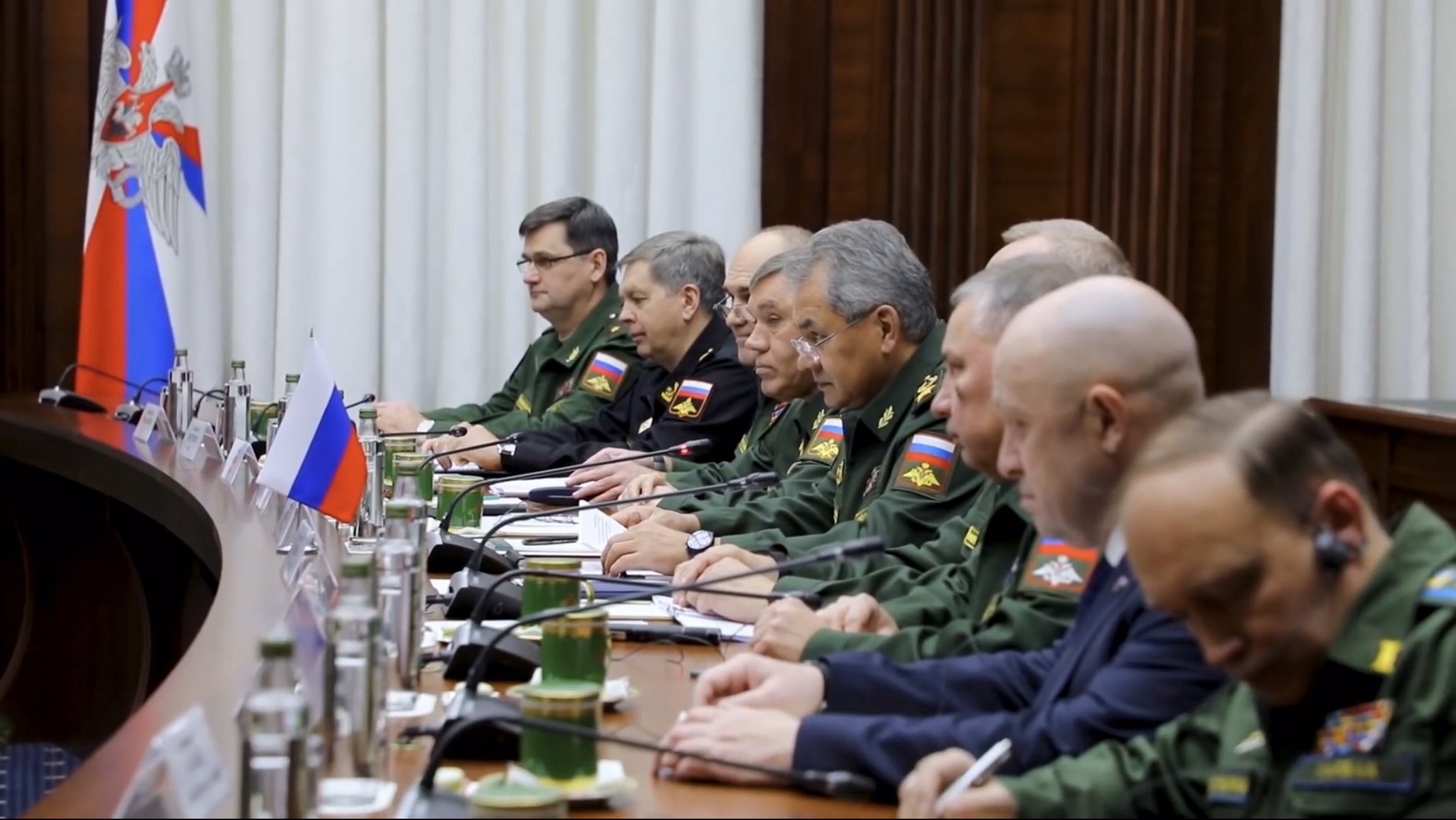
On his part, political analyst Mustafa Fahs explained in a statement to Al-Estiklal that what is happening is part of a struggle within the Russian armed forces, as some reject the idea of an independent armed group within the Russian state.
Wagner, according to the analyst, is also accused of benefiting from the continuation of the war and wanting to have field, political, and economic influence.
After Wagner became Putin’s first line of defense at home and abroad, according to Mr. Fahs, some parties in the Russian military establishment still refuse that any non-governmental groups have this influence and the ability to make strategic decisions.
On the other hand, Vladimir Osechkin, the founder of the prisoners’ rights group Gulagu, saw the disputes between Prigozhin and the Russian army commanders as a desperate attempt to keep him in the spotlight to prevent his assassination.
About twenty Russian officials and businessmen have died in mysterious circumstances since the start of the war, and it is believed that some of these assassinations are related to the struggle for influence or power, Osechkin said.
It is noteworthy that the Russian Ministry of Defense is the one arming the Wagner Group, whose fighters number 50,000, and which implements an unofficial military agenda for the Kremlin, which has been denying any connection with it, according to a US intelligence report reported by the Moscow Times at the end of 2022.
Sources
- Zelensky warns of ‘open road’ through Ukraine’s east if Russia captures Bakhmut, as he resists calls to retreat
- Russia advances in Bakhmut by sending waves of mercenaries to certain death
- Russian mercenary chief says he needs help to seize Ukraine's Bakhmut
- Wagner Group chief wages political war with Russian elite
- Putin’s shake-up of Russia’s commanders won’t quell infighting


